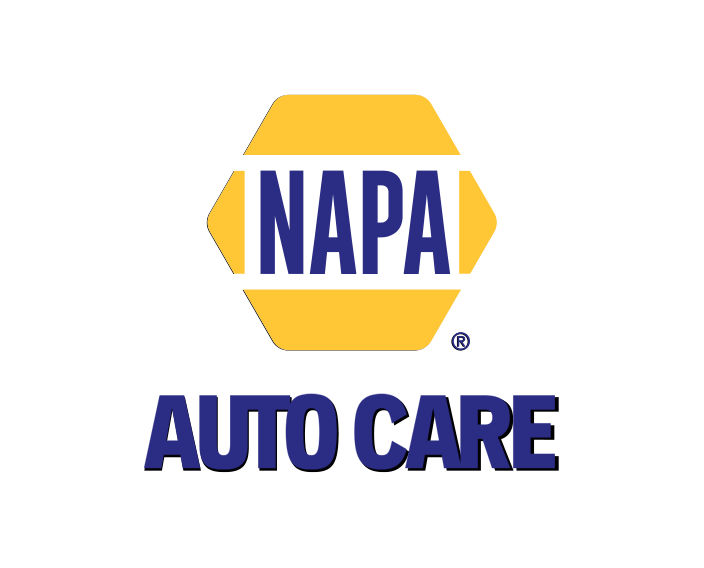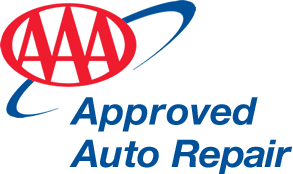Driving More Efficiently to Improve Fuel Economy/ Estimated Gas Savings
The US government has a website dedicated to helping you use less fuel. It presents the cost savings in a way we can all relate to, no matter what kind of vehicle we drive. Here’s an example:
Having your engine properly tuned, can save up to 4%. If you’re paying one-fifty for a litre of gas in Delavan, you could save six cents a litre.
Dollars Per Gallon: $3.00 $3.50 $4.00
Tune Up 4% 0.12 0.14 0.16
Replace Oxygen Sensor
Replacing a faulty oxygen sensor can improve by up to forty percent. That’s a whooping savings per litre. Chances are that if your oxygen sensor is kaput your check engine light will come on. Now, there’s any number of things that could cause your check engine light to come on besides oxygen sensor problems. But if it’s on, it’s to get it checked out as soon as you can. Talk to your friendly and knowledgeable Advanced Auto Clinic.
Dollars Per Gallon $3.00 $3.50 $4.00
Faulty O2 Oxygen Sensor 40% 1.20 1.40 1.60
Inflate Your Tires
Here’s an easy one: Inflate your tires to the recommended pressure. That could save you three percent or eleven cents a gallon. Even a little drop in pressure will cost you at the pump so check your vehicle tires every week.
Your vehicle manufacturer has recommended a specific weight of motor oil. The recommendation is based on your vehicle engine design and will give you the best protection. Using a heavier weight could cost one to two percent in reduced fuel economy, or up to seven cents a gallon.
MotorWeek’s John Davis and Oak Ridge National Laboratory’s Brian West discuss ways to improve your vehicle’s fuel economy. Topics include driving style, vehicle maintenance, and special tips for advanced vehicles and technologies.
How To Save On Gas
Our gas mileage tips can help you reduce the amount of gas you use. If you are already following these tips, you are probably getting the best gas mileage your car can deliver. Here are some free gas saving tips from Advanced Auto Clinic in Delavan: These can add up to quite a bit per litre.
Don’t drive aggressively
Aggressive driving (speeding, rapid acceleration and braking) wastes gas. It can lower your gas mileage by 33% at highway speeds and by 5% around town. Sensible driving is also safer for you and others, so you may save more than gas money. Driver feedback devices can help you drive more efficiently. A recent study suggests that they can help the average driver improve fuel economy by about 3% and that those using them to save fuel can improve gas mileage by about 10%. That’s like saving about $0.06 to $0.22 per gallon.
Fuel Economy Benefit: 5%–33%
Equivalent Gasoline Savings: $0.11–$0.71/gallon
Observe the Speed Limit
While each vehicle reaches its optimal fuel economy at a different speed (or range of speeds), gas mileage usually decreases rapidly at speeds above 50 mph. You can assume that each 5 mph you drive over 50 mph is like paying an additional $0.15 per gallon for gas. Observing the speed limit is also safer.
Fuel Economy Benefit:7%–14%*
Equivalent Gasoline Savings: $0.15–$0.30/gallon*
* Average savings, assuming drivers are willing to slow down 5 to 10 mph and fuel costs $2.15 per gallon.
Avoid Hauling Cargo on Your Roof
Hauling cargo on your roof increases aerodynamic drag (wind resistance) and lowers fuel economy. A large, blunt roof-top cargo box, for example, can reduce fuel economy by around 2% to 8% in city driving, 6% to 17% on the highway, and 10% to 25% at Interstate speeds (65 mph to 75 mph).4 Rear-mount cargo boxes or trays reduce fuel economy by much less—only 1% or 2% in city driving and 1% to 5% on the highway. If you need to use an external cargo container, removing it when it’s not in use will save fuel and money.
Fuel Economy Benefit: 2%–17%
Equivalent Gasoline Savings: $0.04–$0.37/gallon
Remove Excess Weight
Avoid keeping unnecessary items in your vehicle, especially heavy ones. An extra 100 pounds in your vehicle could reduce your MPG by about 1%.5 The reduction is based on the percentage of extra weight relative to the vehicle’s weight and affects smaller vehicles more than larger ones.
Fuel Economy Benefit: 1%/100 lbs.
Equivalent Gasoline Savings: $0.02/gallon
Avoid Excessive Idling
Idling can use a quarter to a half gallon of fuel per hour, depending on engine size and air conditioner (AC) use. Turn off your engine when your vehicle is parked. It only takes about 10 seconds worth of fuel to restart your vehicle.
Fuel Cost Savings: $0.01-$0.02/min
Use Cruise Control
Using cruise control on the highway helps you maintain a constant speed and, in most cases, will save gas.
Note: Cost savings are based on an assumed fuel price of $2.15/gallon.
Find Alternative Fuel Vehicles and Alternative Fuels
Alternative Fuel Vehicles
Learn about alternative fuel vehicles:
- A summary of different alternative fuel options.
- Find and compare alternative fuel engines and hybrid systems for both light-duty (weighing less than 10,000 pounds) and heavy-duty (weighing more than 10,000 pounds) vehicles.
Alternative and Advanced Fuel Locator
Visit the alternative fueling station locator to:
- Search for alternative fueling stations near you.
- Map a route that includes alternative fueling stations along the way.











